Apple's Retina Display is Perfect, Stop Trying to Beat it!
I'm not known for applauding Apple so I'll give you a moment to pick yourself off the floor before I get into the thrust of this article. I genuinely believe though that while Apple's claim for their Retina display on the iPhone 4 that "the pixel density is so high that the human eye is unable to distinguish individual pixels" is a tad exaggerated, it's still a remarkable achievement and one that other technology companies need to stop trying to beat. Let me explain why.
I don't have an iPhone, I've got an HTC Mozart Windows Phone. This phone has a screen resolution of 480 x 800 pixels. This is a bit less than the iPhone 4 but it's the norm for modern smartphones. I don't worry about looking at pixels, I haven't worried about that for a few years now to be honest. The display on my phone is excellent. The display on the iPhone 4 is even better, in fact I can genuinely say it's the best smartphone display I've ever seen.
Apple have a knack for taking tachnology and making it perfect, sorry, you fell off your chair again. They made the MP3 player perfect, the smartphone perfect and the ultraportable laptop perfect, the tablet computer perfect and let's not forget they many years ago now made the first perfect living-room computer. As a technology innovator Apple have long since relegated the likes of Sony and Bang and Olufsen, not just to second and third place, but somewhere even further down the line. It's very clear that Apple are streets ahead of their nearest competition. Look, why do you just go and sit on a chair with arms on it? Comfy now? Okay.
So why do I believe that companies, and I include Apple in this, should stop trying to compete with the Retina display and just leave our screen resolutions the way they are? I believe this because DVD-Audio failed spectacularly not long after first being released to the world.
DVD-Audio offered much more fidelity than the lossy CD format could ever achieve. The sound quality was far higher than CD and some audiophiles and lovers of classical music claimed miracles, that they could hear individual horns playing in the brass section. In truth this was all in their imagination. Science proved that the Human ear really couldn't tell the difference between CD and DVD-Audio, and that the extra fidelity was lost on us because much of it was outside the ability of the Human ear to hear. I would imagine that many DVD-Audio collections are now the properly of the household dog as a result.
I believe we're at the same point with smartphone display technology. We're very quickly reaching the limits of what the Human eye can distinguish. If I already don't notice pixels on my 480 x 800 resolution screen, and might not notice anything at all on a Retina display, what's the point of trying to beat it?
There's a serious health concern here too with displays, that we didn't get with DVD-Audio. The hardware manufacturers like to be able to improve their display equipment year on year to have the very latest and best 'stuff'. They don't like leaving one technology in use for more than three years and just won't leave it more than five.
If they were just making improvements to readability, reducing eyestrain and headaches and the like I'd applaud that but no, the goal, at least at the moment is in squeezing more and more pixels onto a display. Now while we can zoom in and out of pages on modern smartphones, by default the text we have to read is getting smaller.
This can only result in generations of people who may suffer from eyestrain and with technology changing at a maximum of every five years, that's another five or six major changes before I retire. We have an increasingly elderly population in the world now thanks to the miracles of modern medicine, though for some reason the big technology firms still seem to be ignoring this fact.
There isn't a single modern smartphone that has an interface aimed at the elderly, or that's even easily customisable for the elderly. The market is with the young, the money is with the young and the technology companies are following the money.
Eventually though, whole generations of people who have grown up using smartphones will get older, and may suffer from eyesight problems due to years and years of squinting at tiny text on small screens. I remember when I was young specifically being advised by my parents and elders not to try to read tiny text to avoid damaging my eyes.
So where does this all fit in with my saying that companies should stop trying to squeeze ever-more pixels onto our smartphones? The focus now, if you'll excuse the pun, should be on improving the overall quality of the handsets and doing whatever can be done to try to avoid creating generations of people with sight problems. Moves towards better quality and faster-refreshing eInk displays that can go into smartphones, screens that are easily viewable in direct sunlight without having to squint at it and so on. The world needs technology companies to accept that we're all getting older and innovate accordingly.
If all technology companies don't accept this, and accept it within the next few years, we could end up with a situation where generations of people will go through the last few decades of their life not having any technology that's designed for them. Instead they'll have to adapt, wear glasses, squint and become frustrated, all because the companies making the hardware are chasing the next big technological achievement and the next big thing.
Well let me tell you, the next big thing is the population explosion of older people, and that crowd will be bigger than you.



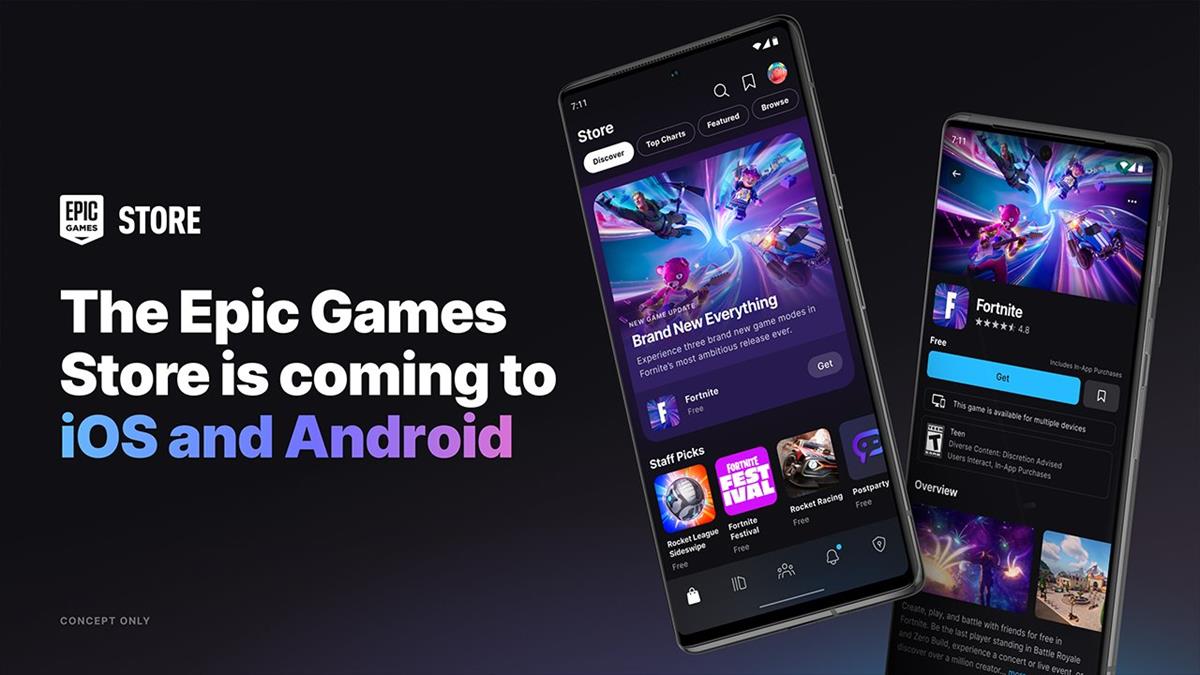
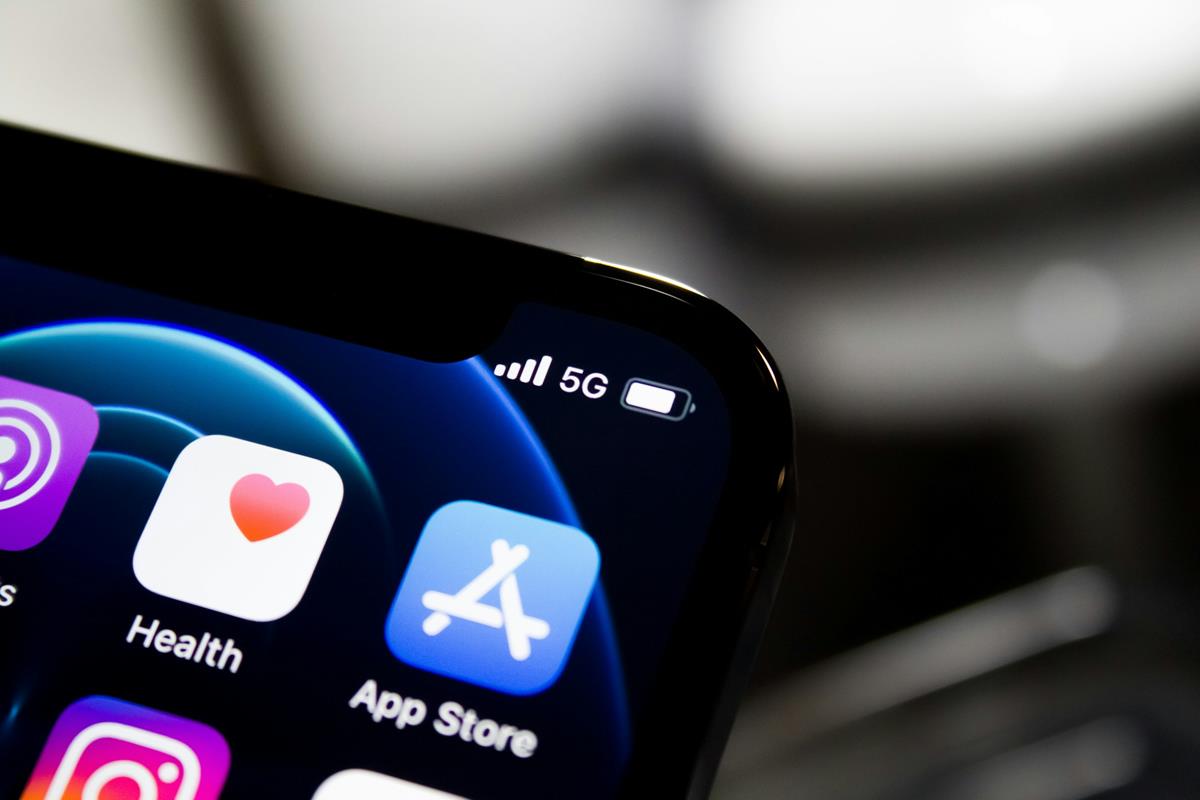
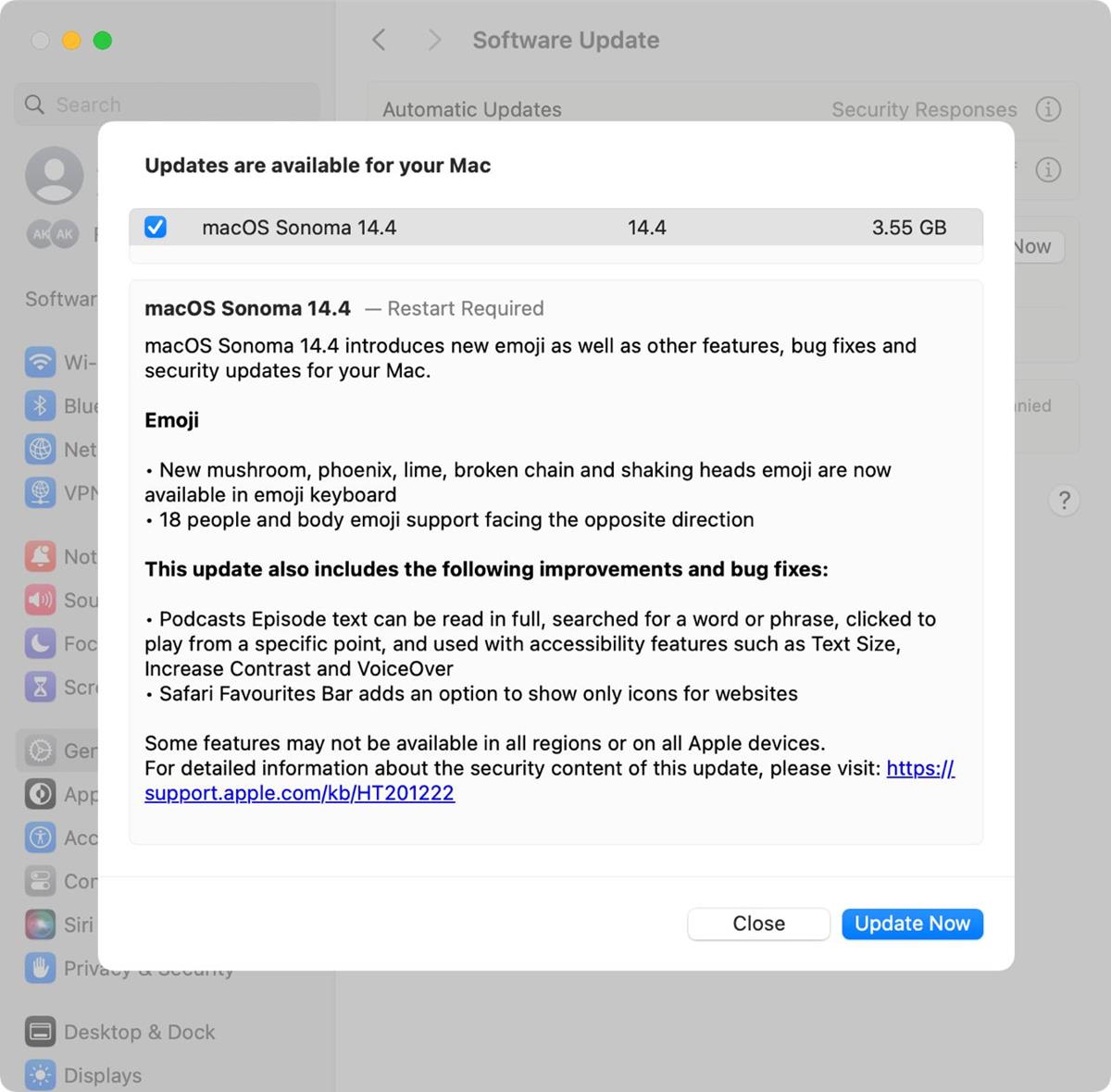
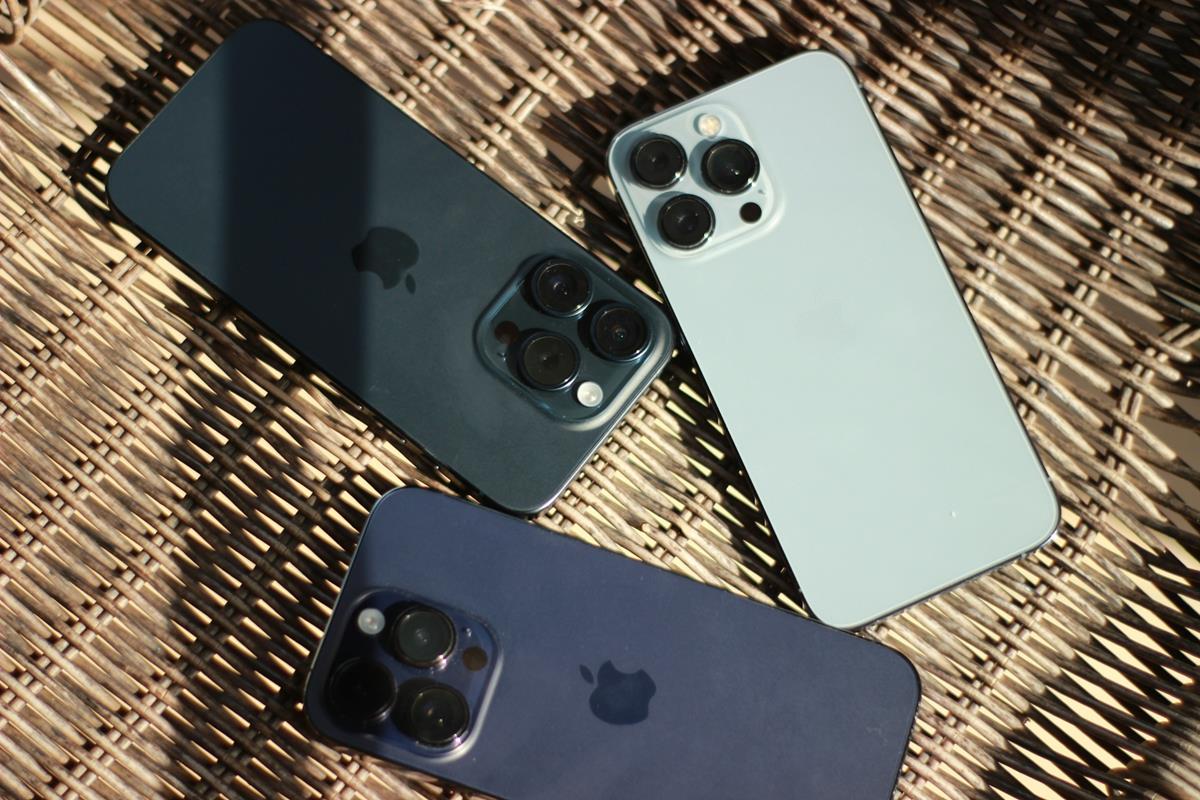
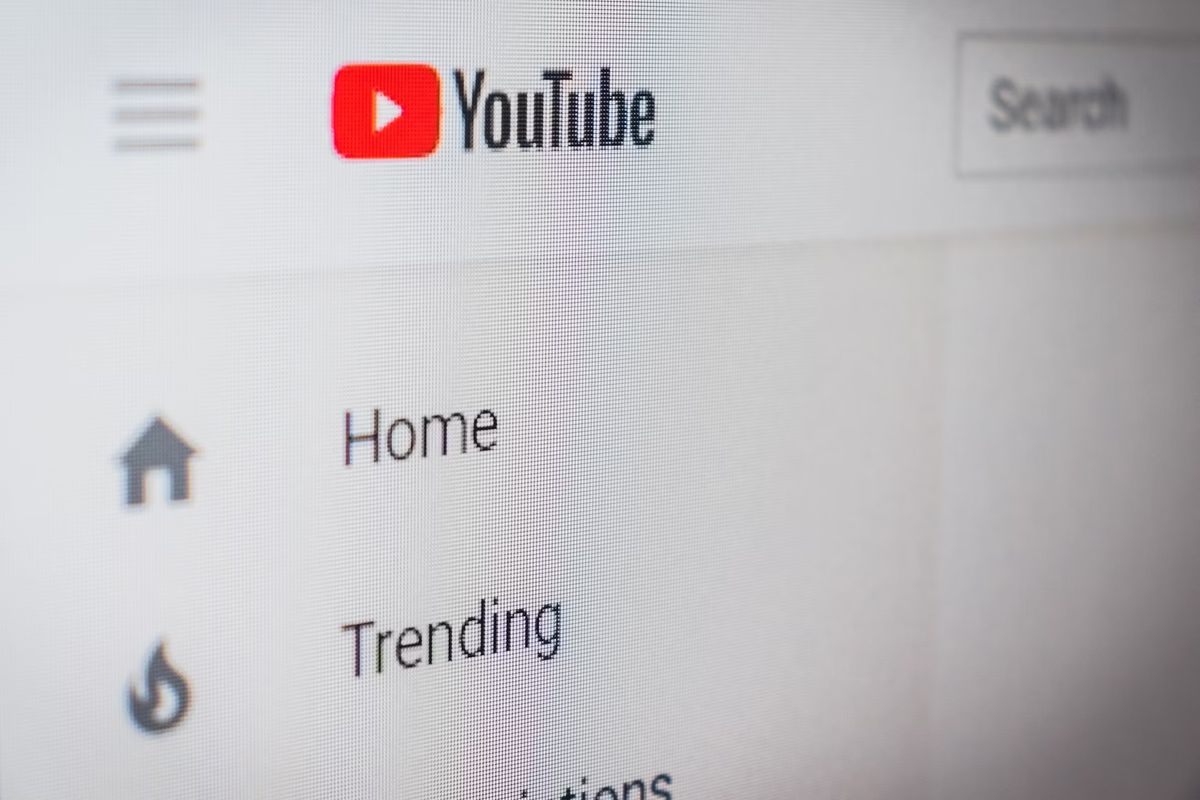














I stopped reading right after I saw “lossy CD format”, very disappointed.
Perfect? If Macs and iPhones were perfect, there would be no one else in the market. I can’t stand Macs or iPhones, and bringing the App Store to Mac OS only makes the situation worse – Apple doesn’t want you to run any software they don’t approve of on your iPhone, and the next version of desktop OS X will likely start the trend on Mac OS as well.
Underpowered, overpriced hardware and the “walled garden” software environment means I will never use a Mac or iOS device, ever. My next cellphone will be a decent Android device, with WiFi and Skype or Fring; I use Windows and occasionally Linux on PCs custom-designed by me (*I* choose the hardware, not the OS designer, not the store!)
I am so sick of new devices that I want arriving and being told that they are too good for us common folks. Just like every new processor is to be a server and too good for a person.
Like pearls before swine, the good stuff hits the critics without appreciation.
Gary Masters
tachnology her her
Let’s not forget they many years ago now made the first perfect wheel!!
Perfect? Te definition is perfect. Altough not needed for a device with such a small screen in wich 400×800 fix perfectly, I agree. But cammon, do you care about contrast? An amoled with that definition would be perfect, but if I have to choose between retina and amoled I stick with the last one.